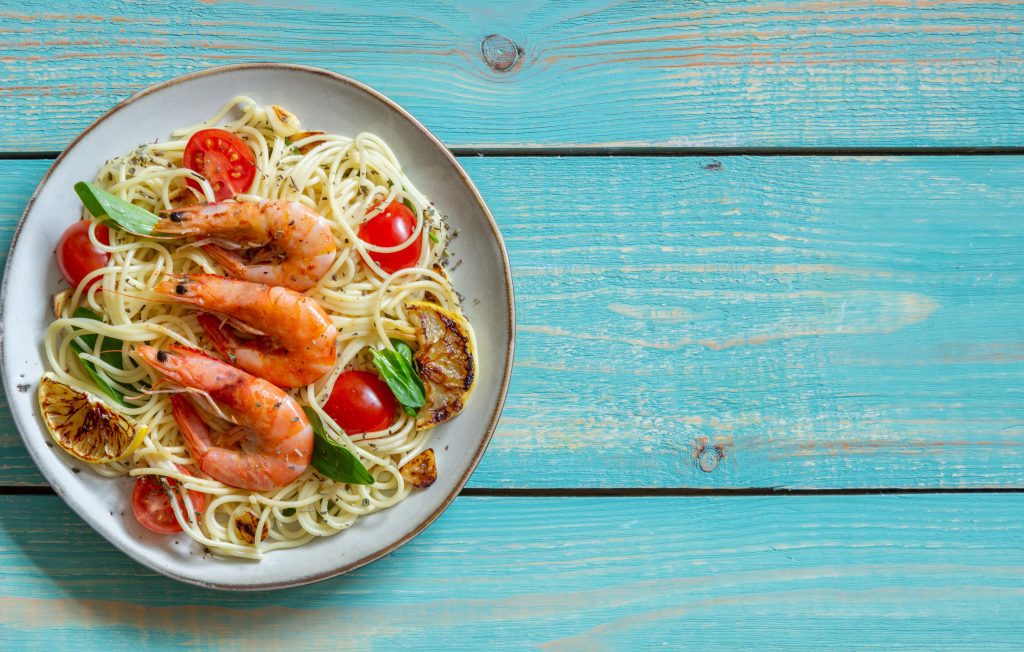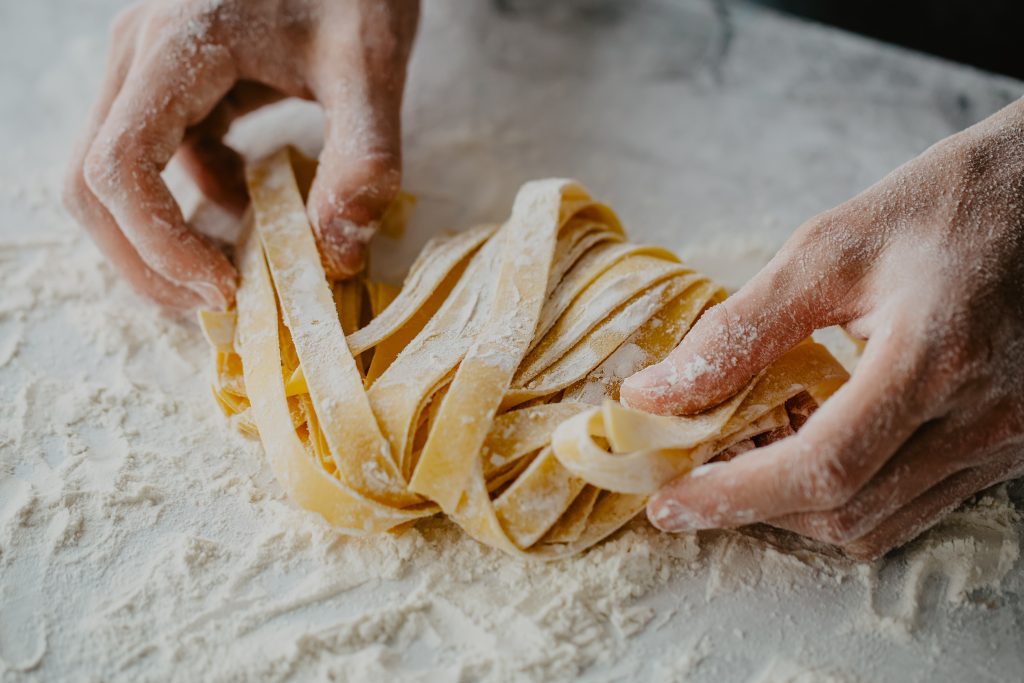When The Biggest Pasta Nation Tried To Ban Pasta
Pasta is one of the major foods that we automatically associate with Italy and its classical cuisine. So it may come as a surprise to know that they tried to ban pasta in the 1930s, and it wasn’t for the reason we would think of today.

Around the late 1920s, Italian futurists started making claims pasta was responsible for the populations’ brutish, pessimistic, and skeptical behavior. This group shared the nationalistic mindset of the Prime Minister of the time, Mussolini.
Mussolini didn’t like the fact that Italy was reliant on imports to satisfy their pasta eating needs. Because rice was much easier to cultivate domestically, he and his followers began spreading an anti-pasta rhetoric around the country. He even created a National Rice Board and a National Rice Day in an effort to get the populace to make the switch to rice-based meals in replacement of pasta.

The Futurist Movement, founded by Filippo Tommaso Marinetti, claimed that pasta made people behave stupidly. They obviously felt that making people feel ashamed of their lifestyle was the best way to get them to realign with their own proposed lifestyle.
Marinetti also co-authored the Fascist Manifesto, which explains his extreme take on Italian cuisine. He wrote a Manifesto of Futurist Cuisine (he wrote a lot of manifestos) in which he described pasta as a sort of religion followed by the Italian people. He went as far as to say that pasta eaters were “shackled by its ball and chain-like convicted lifers or its ruins in their stomachs like archaeologists.”
